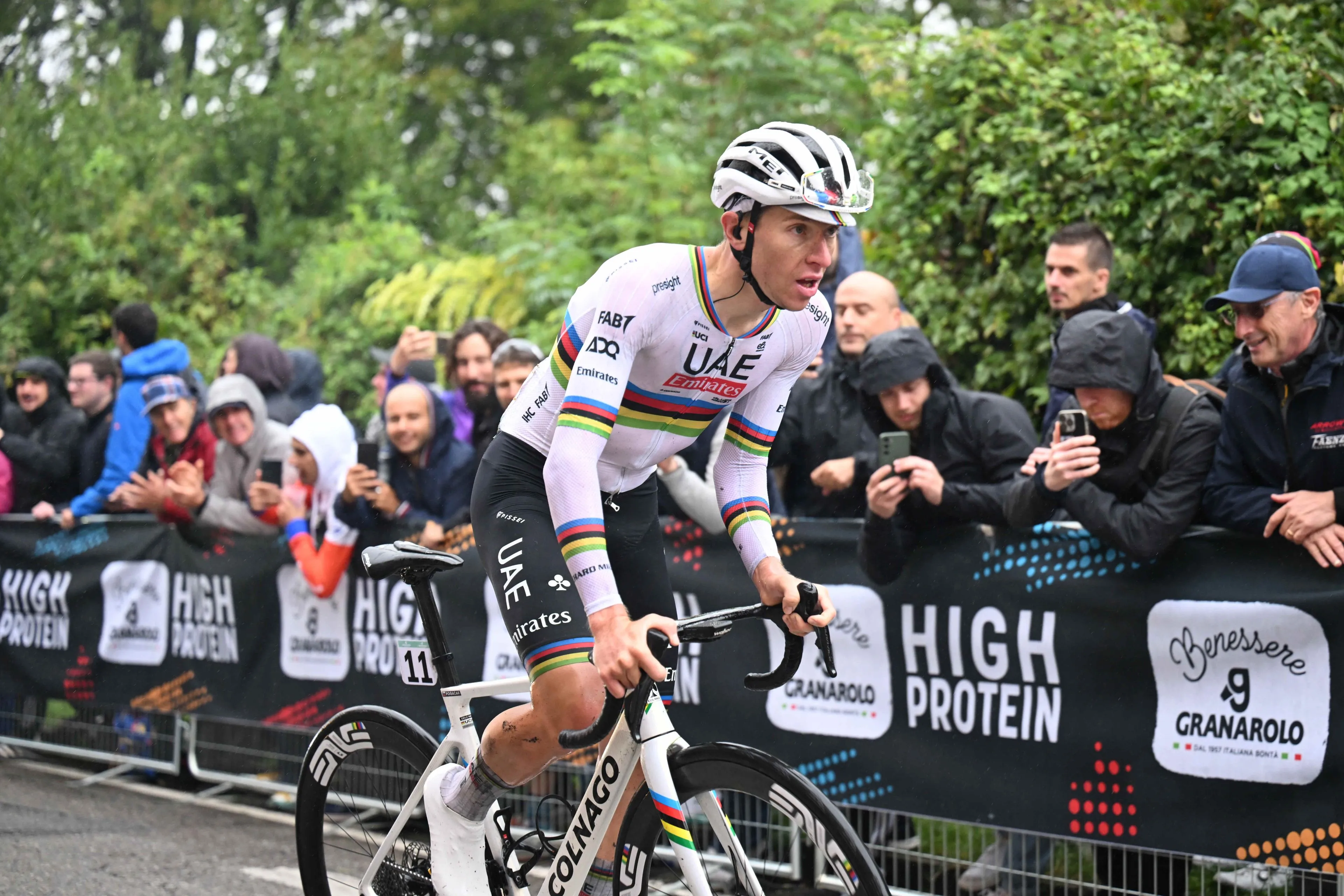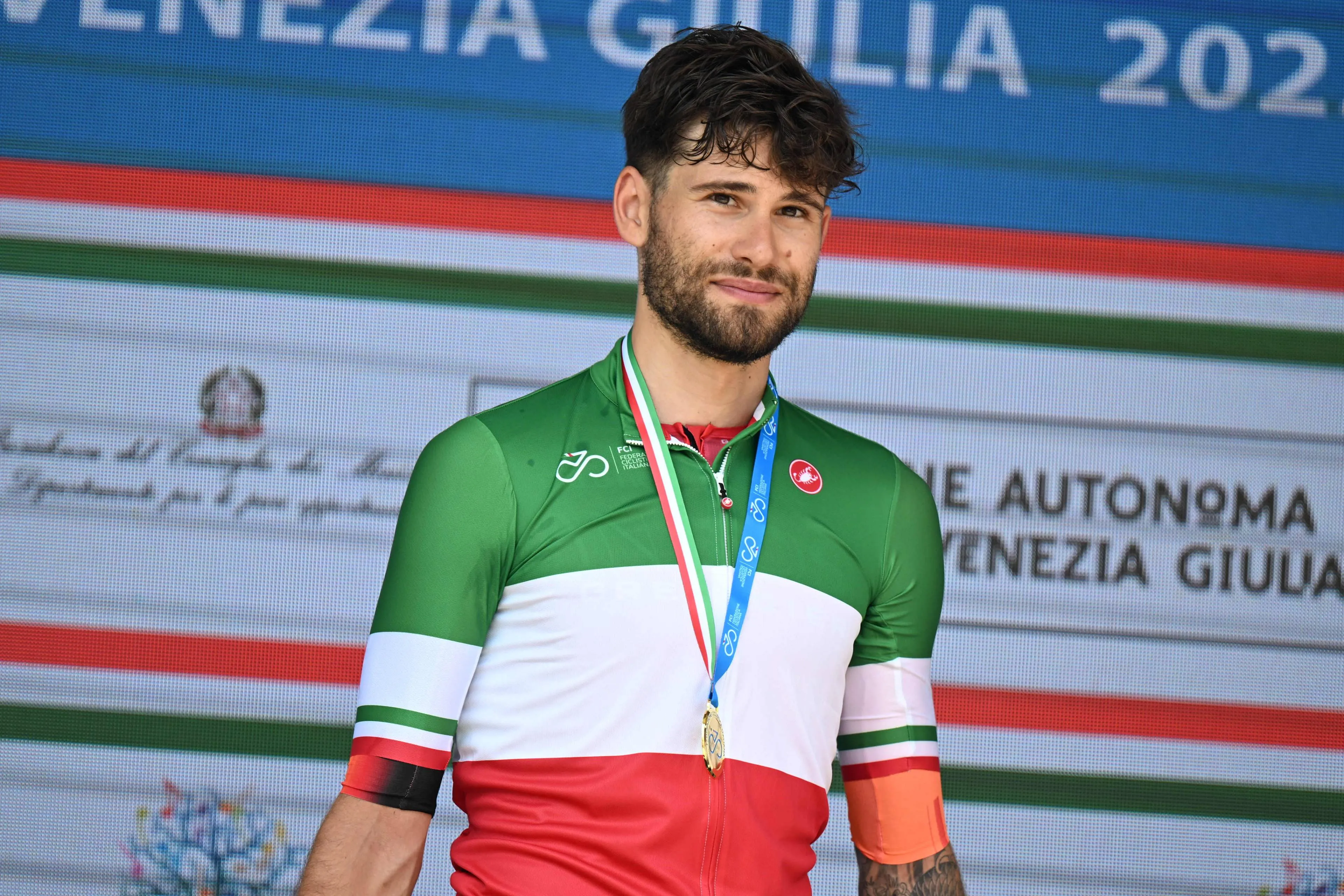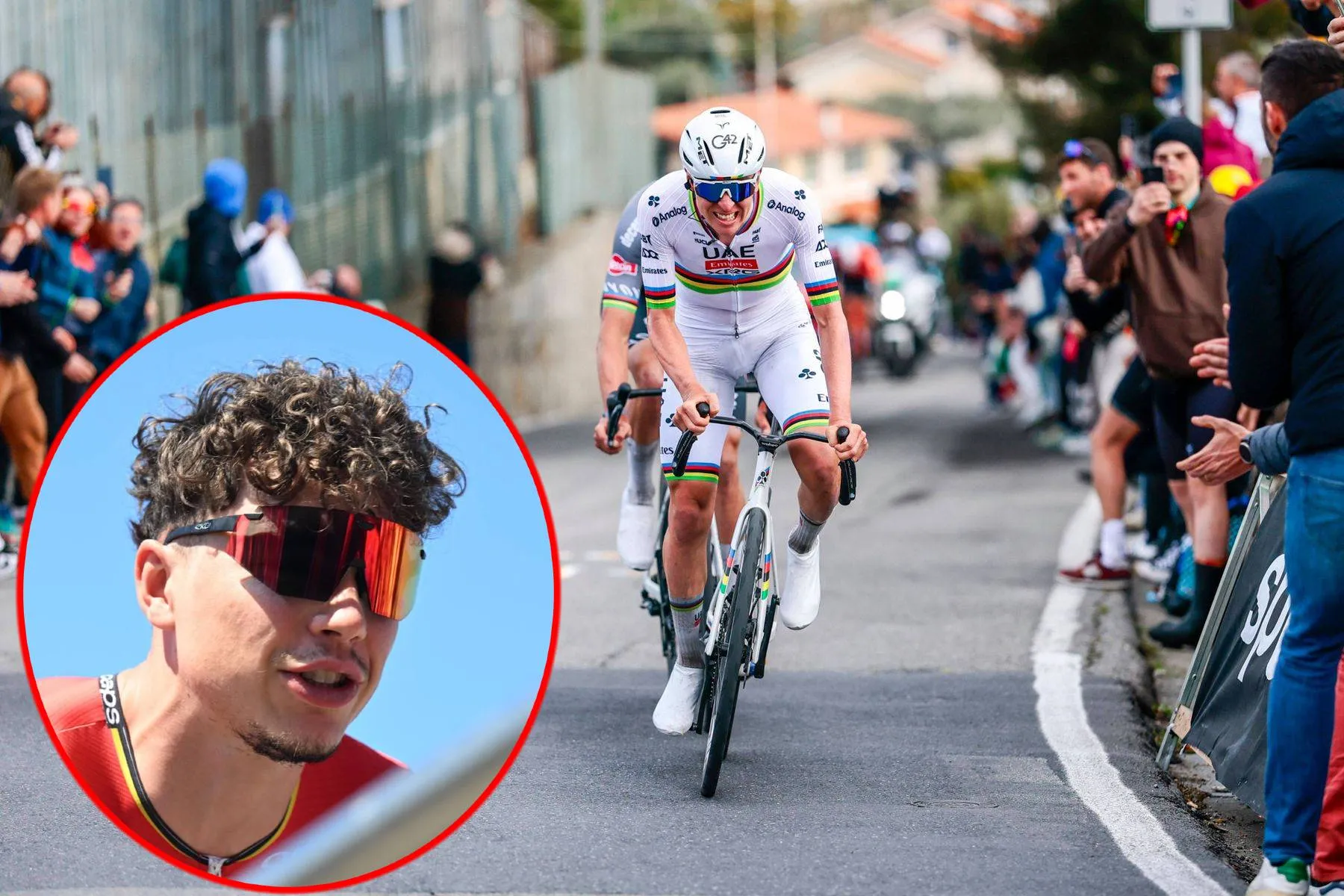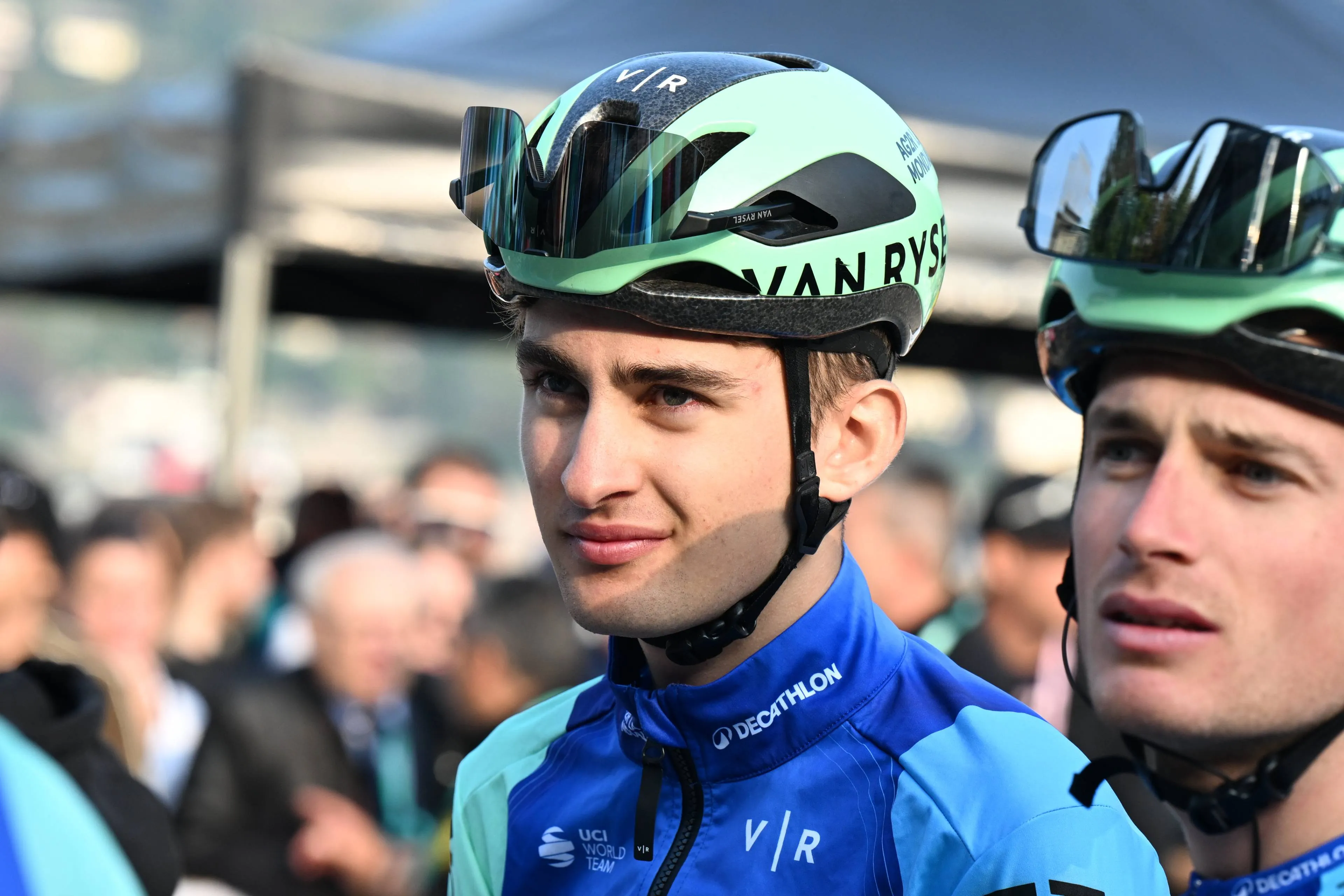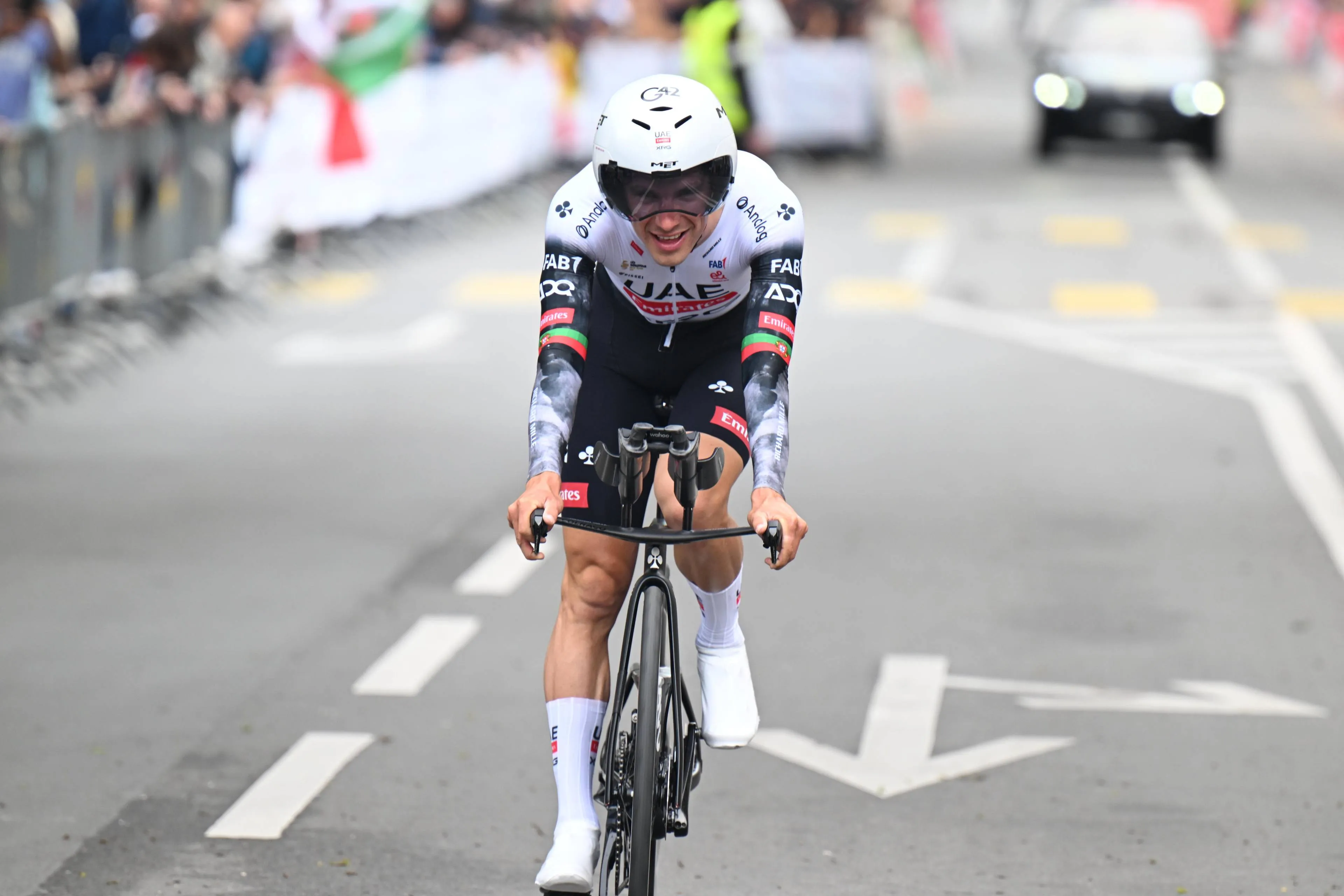"They often keep it to themselves, they have to be tough, not vulnerable" - expert believes eating disorders still haunt the peloton to this day
CyclingTuesday, 08 October 2024 at 05:00
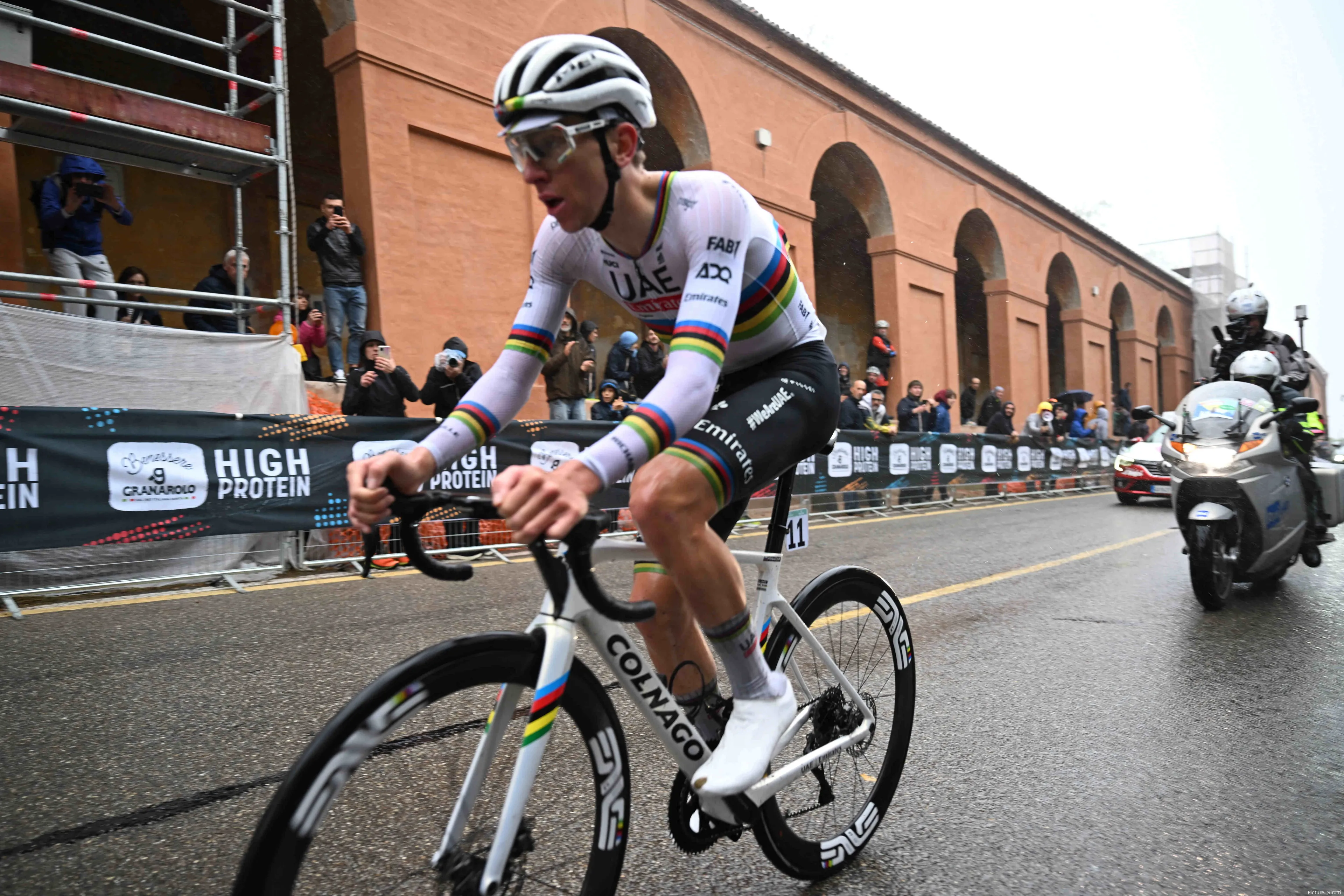
Nutrition has become a clear area of interest of all the top cycling teams, planning their riders' meals to grams around the main season objectives. However this doesn't always come with only upsides. The (W)eet Wat Je Doet movement focuses on the 'healthy' aspect of nutrition in cycling, which is often still a taboo.
Tadej Pogacar recently spoke up about the ever-present issue of eating disorders, but that feels merely like a drop in the ocean. "Athletes often keep it to themselves, they have to be tough, not vulnerable. But everyone knows insecurities and discomfort. If you can express that, it helps you," sports psychologist Karin de Bruin tells AD.
Read also
At the meeting, Tristan Bangma, Paralympic cycling champion, gave an insight into his food problems during his career. "Two slices of bread, no sauce on the pasta, sometimes I only ate lettuce. I was calculating all day long. Ridiculous, I think now. But at the time I was convinced that I was doing the right thing," Bangma reflects.
An injury opened his perspective on food problems. "It was only when I was forced to sit still that I was given the space to break out of that ingrained pattern. That should be completely normal, but I also kept it to myself for a long time. And that's exactly why I couldn't get help for a long time. So tell it. You help yourself and maybe someone else too," the Paralympic champion refers to the mental problems it brings with it.
Cycling commentator Roxanne Knetemann also had her fair share of eating problems in her time as a cyclist, although she does see a change in modern cycling. "Maybe the roads were there in my time too, but you had to find them yourself. Now everything is integrated into the teams. And then I sometimes think: I did myself a disservice, I was so lonely. I could have been a lot happier if I had also gained a bit more insight, support and guidance in that," she emphasises once again the importance of talking about this issue.
Read also
claps 0visitors 0
Just in
Popular news
Latest comments
- Yes, the guy is no fluke. Even if he fails to improve over the next 15 years he’ll do damage. That young blood is going to keep the establishment working hard.Mistermaumau19-02-2026
- This excuse is harmless, just quaint and amusing. The excuse I really disliked was when he accused a mechanic of improperly adjusting his saddle, endangering the mechanic's job: blaming others for your own limitations is a serious matter.
 maria2024202419-02-2026
maria2024202419-02-2026 - ok so this is impressive - I trashed this guy all winter, get a pro win before the anointing. against a quality field. And Onley and Riccitello look good too. fun to see young blood.mij19-02-2026
- Minor flaws.... thats like suggesting Genghis Khan was a bit aggressive with other countriesslappers6619-02-2026
- Then you carry on if that's what makes you happyslappers6619-02-2026
- Fabio cannot catch a break.mij19-02-2026
- OK, today is the "air conditioner"... yesterday was a cramp... on saturday a bee will sting him in his tongue... his tongue will swell up and mustafa gets no oxygen. Because of his swollen tongue, Remco won't be able to give us a new excuse. Remco and the spanish rat Ayuso should be on the same team. They both have a ton of excuses and both of them are liars. Ad acta.Mou-Cro-HR19-02-2026
- Florian Lipowitz is secretly happy
 Rafionain-Glas19-02-2026
Rafionain-Glas19-02-2026 - The crucial thing to remember is that Remco was broken by the pace of Gall and Tiberi, not Del Toro's. Remco's excessive antics are because he doesn't want anyone to think that he's 'genuinely' struggling. You can always say 'he got cramps' because 'his preparation didn't go to plan', but the thing is that there is a limit to the number of excuses and exceptions that there can be. Eventually everyone just accepts that he's reached his ceiling on the climbs.
 Rafionain-Glas19-02-2026
Rafionain-Glas19-02-2026 - Bahraini suspicious..Santiago19-02-2026
Loading
Write a comment

